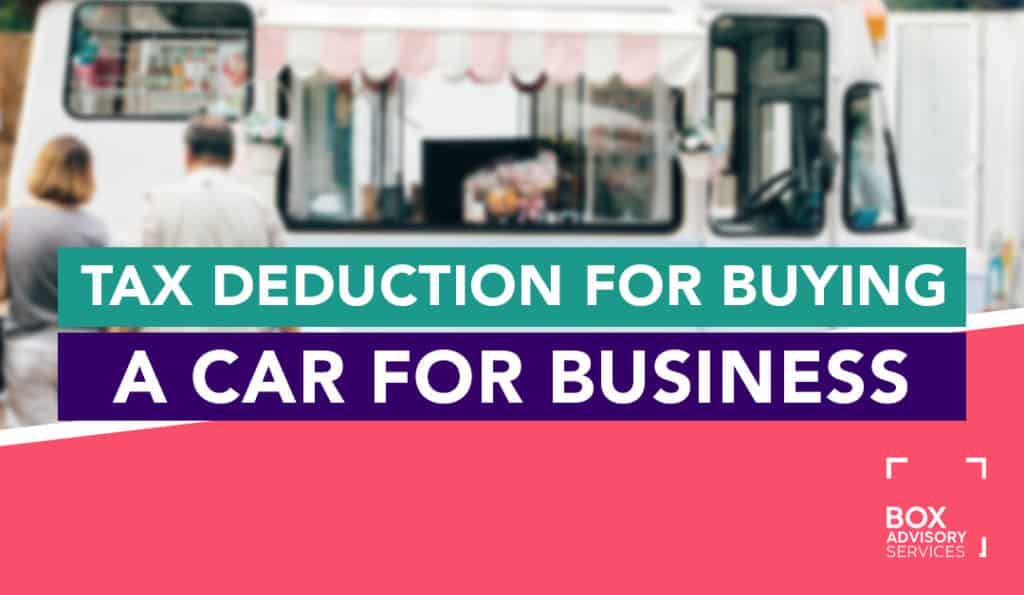
End of Financial Year Checklist for Australian Business Owners
The end of the financial year period can be overwhelming, with plenty of tasks and deadlines to juggle. However, being proactive and organised can make the process smoother and less stressful.
In this article, we’ll provide you with a comprehensive end-of-financial-year (EOFY) checklist to help you stay on top of your game. Consulting with an accountant or tax agent can be invaluable in this period, as we can assist in planning ahead, researching tax efficiency, and maximising tax returns.
The Importance of End of Financial Year Preparations
As tax time approaches, proper EOFY preparations are a MUST for several reasons. First and foremost, they ensure compliance with tax laws and regulations, helping you avoid penalties and fines.
Plus, a thorough review of your financial records can provide valuable insights into your business’s performance, enabling you to make informed decisions for the upcoming financial year.
According to a survey by the Australian Taxation Office (ATO), approximately 94% of small businesses use a tax agent or accountant to assist with their tax affairs. While seeking professional help is advisable, being proactive and organised can make the process more efficient and cost-effective.
End of Financial Year Checklist: Tasks To Complete
To help you navigate the EOFY period with ease, we’ve compiled a list of key tasks to tackle. Consider this your handy end-of-financial-year accounting checklist:
- Reconcile Accounts and Review Financial Records
- Prepare Tax Returns and Lodge Necessary Forms
- Document ‘business income’ accurately for end-of-year financial reporting.
- Ensure ‘income statements’ are ‘tax ready’ before lodging tax returns to avoid amendments.
- Review potential ‘instant asset write-off’ opportunities for eligible business assets.
- Identify ‘tax deductions’ that can be claimed to reduce tax liability, including prepaying interest on investment loans or claiming business expenses.
- Review Business Performance and Set Goals
Now that you’ve got a nifty end-of-financial-year checklist on hand, let’s look into each of these tasks in more detail.
Reconcile Accounts and Review Financial Records
The first step in your EOFY preparations is to ensure your financial records are up-to-date and accurate. Here’s what you need to do:
- Gather all financial documents: Invoices, receipts, bank statements, loan agreements, and any other relevant documents should be collected and organised.
- Reconcile accounts receivable and accounts payable: Ensure that all outstanding invoices and bills are accounted for, and follow up on any overdue payments.
- Review and update asset registers: Take stock of your business assets, including equipment, vehicles, and inventory. Update their values and depreciation schedules as necessary.
- Conduct a stocktake (if applicable): If your business deals with physical inventory, conduct a stocktake to ensure accurate records and identify any discrepancies.
Staying on top of your financial records throughout the year can make this process much smoother. Consider implementing a system or using accounting software to streamline record-keeping.
Prepare Tax Returns and Lodge Necessary Forms
One of the most critical tasks during the EOFY period is the process of preparing and filing your tax return. This is when being organised pays off, including keeping records of various sources of income, business grants, and deductions.
Here’s what you need to do:
- Determine tax obligations: Identify the taxes your business is required to pay, such as income tax, Goods and Services Tax (GST), Pay As You Go (PAYG) withholding tax, and any other applicable taxes.
- Gather relevant information and documentation: Collect all necessary information and supporting documents, including financial or income statements, invoices, receipts, and employee payment summaries.
- Lodge tax returns and pay any outstanding taxes: Ensure you meet the deadlines for lodging your tax returns and paying any outstanding taxes. Late lodgments and payments can result in penalties and interest charges.
- Claim eligible deductions and concessions: Review your expenses and profit and loss statement. Identify any chance of an eligible tax deduction or concession your business can claim to reduce your tax liability.
To streamline this process, consider using tax preparation software or seeking the assistance of a qualified tax professional.
Review Business Performance and Set Goals
The EOFY period is an excellent opportunity to reflect on your business’s performance and set goals for the upcoming financial year.
Here’s how you can approach this task:
- Analyse financial statements and key performance indicators: Review your profit and loss statements, balance sheets, and other financial reports to identify trends, strengths, and areas for improvement.
- Identify areas for improvement and growth opportunities: Based on your analysis, pinpoint areas where your business can improve efficiency, reduce costs, or explore new revenue streams.
- Set realistic and measurable goals: Establish specific, measurable, achievable, relevant, and time-bound (SMART) goals for the new financial year. These goals should align with your business’s overall strategy and vision.
- Develop strategies to achieve those goals: Create actionable plans and strategies to help you achieve your goals. This may involve implementing new processes, investing in technology, or seeking professional advice.
Regularly reviewing your business performance and adjusting your goals and strategies can help you stay on track and adapt to changing market conditions. Keep this end of financial year checklist bookmarked so you can use it when tax time rolls around.
Key Takeaways
- As we wrap up this EOFY checklist, here are the key takeaways:
- Start your EOFY preparations early to avoid last-minute stress and potential penalties.
- Reconcile your accounts and review financial records to ensure accuracy and compliance.
- Prepare and lodge tax returns on time, and claim eligible deductions and concessions.
- Analyse your business performance and set realistic goals for the new financial year.
- Seek professional advice from accountants or tax professionals if needed.



